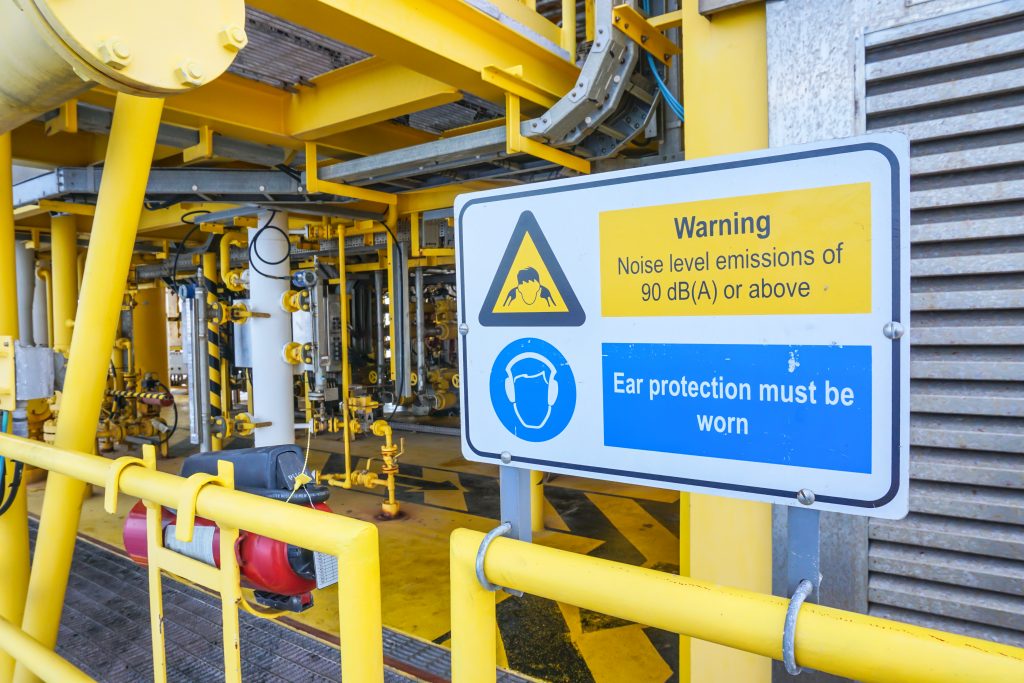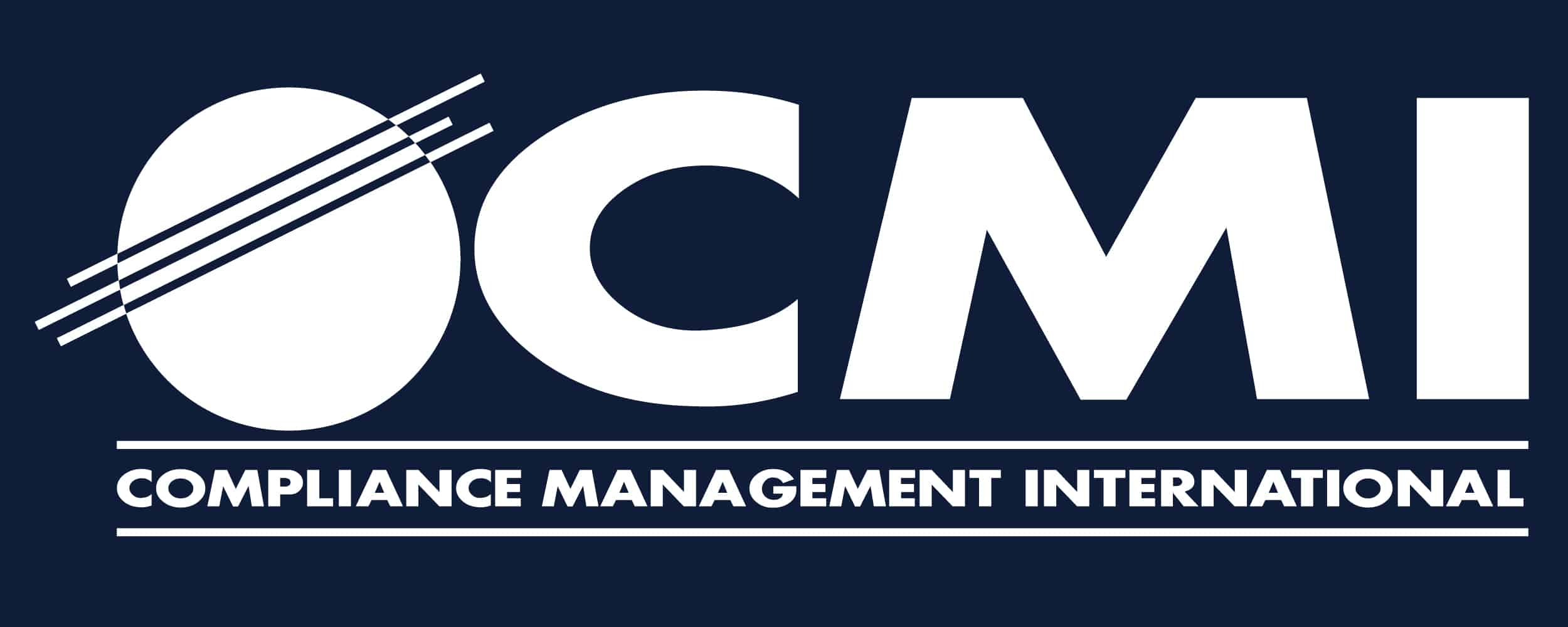
OSHA’s Region 3, which enforces workplace safety and health regulations for private sector employers in Pennsylvania, Delaware, West Virginia and Washington DC, recently announced it has renewed its Regional Emphasis Program (REP) for select industries where high noise levels may be present. The REP is intended to target certain employers for unannounced inspections to ensure that noise exposures in the workplace are being adequately controlled. If you are a manufacturer in the Mid-Atlantic region, your workplace could be at risk. https://www.osha.gov/news/newsreleases/region3/11282023
OSHA’s emphasis programs are intended to address hazards or industries that may present a particular risk to employee safety and health. Historically these programs have accounted for about 45% of all OSHA inspections, and many of the employers targeted under the emphasis programs have never been inspected before.
The Region 3 emphasis program for noise will trigger unannounced inspections to workplaces within select manufacturing industries where exposure to noise is likely. If you are a manufacturer in the Mid-Atlantic region, this is an opportune time to evaluate noise exposures in your workplace. An excellent starting point is to ensure you have identified and measured the areas and tasks where noise is present in your workplace. According to the OSHA Noise Standard (29 CFR 1910.95), any employees whose exposures exceed the OSHA Action Level (85 decibels averaged over an 8-hour workday) need to be included in a Hearing Conservation Program that includes baseline and annual hearing tests, annual training and the use of hearing protection. When exposures exceed the Permissible Noise Exposure (90 decibels averaged over an 8-hour workday), feasible engineering controls or work practices must be considered to help reduce noise exposures. Updated noise measurements must be performed if new equipment or processes are introduced that could increase employee noise exposures.
If your organization already has a Hearing Conservation Program in place, this presents an excellent opportunity to review and audit your program to ensure that the training, enforcement and recordkeeping provisions of your program are being effectively implemented.
CMI has supported thousands of organizations in evaluating workplace noise exposures, identifying noise control solutions and implementing Hearing Conservation Programs. We specialize in providing practical and cost-effective solutions that will maintain workplace health and safety, and reduce your risk of costly fines and workers’ compensation claims. Our EHS professionals and Industrial Hygienists are always available for a complementary consultation on how this emphasis program may impact your organization, and what steps you can take today to reduce your risk of OSHA regulatory enforcement in the future.
Written by: Todd Allshouse
